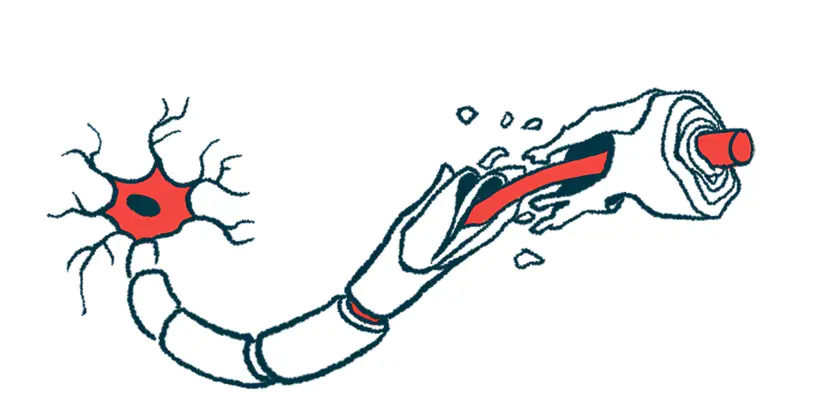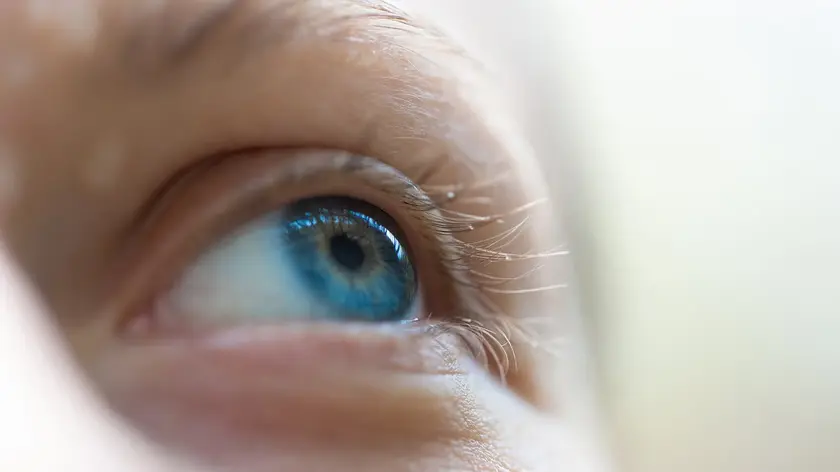T4K3.news
New research shows signs of potential psychopathy in toddlers
A professor identifies three key traits in young children that may indicate future psychopathic tendencies.

Research reveals signs to help parents identify potential psychopathic traits in toddlers.
Three signs indicate toddlers may develop psychopathic traits
Research by Professor Essi Viding from University College London identifies three behavioral signs that may indicate a toddler could develop psychopathic traits as they grow. These signs can manifest in children as young as three or four, highlighting the early detection of potential risks. Professor Viding emphasizes a crucial distinction between typical misbehavior and more serious conduct disorder, characterized by a lack of empathy and emotional regulation. Among children, approximately one percent may display such alarming traits. Early identification of these behaviors can aid in managing and potentially treating them through adjustments in parenting and professional support, although funding for such interventions remains a challenge.
Key Takeaways
"Identification of these children early on doesn't mean you can predict adult psychopathy."
Professor Viding highlights the importance of early detection without deterministic predictions.
"Treatments can significantly help, but getting funding is an uphill battle."
Professor Viding discusses the obstacles in securing resources for child intervention programs.
This research presents an alarming perspective on childhood behavior that could have long-term implications for mental health. By focusing on early signs of psychopathy, the study encourages parents to recognize patterns that might otherwise be dismissed as normal mischief. While the findings can feel daunting, they also open the door to preventive strategies through tailored parenting. Addressing this issue early can limit the development of harmful traits, shifting the focus from mere identification to meaningful intervention. However, the challenge of securing adequate funding for necessary resources underscores a broader issue in the mental health system's response to developmental disorders.
Highlights
- Early detection can lead to effective intervention for troubled children.
- Not all misbehavior is equal; understanding the nuance is key.
- Identifying traits early is crucial to prevent worsening behavior.
- Funding for mental health support remains a daunting challenge.
Concerns about identifying psychopathic traits in children
The focus on early signs of psychopathy in children raises concerns about labeling and stigmatizing behavior at young ages. There is a risk of misinterpreting normal childhood behavior as indicative of future psychopathy, which could lead to unnecessary anxiety among parents and children.
Recognizing early signs can be crucial for effective intervention and support.
Enjoyed this? Let your friends know!
Related News

Wolves Revive Yellowstone Forests

New analysis suggests drugs may repair myelin in MS

Psilocybin shows promise as an anti-aging treatment

New study reveals lithium's potential in Alzheimer’s treatment

Study shows aging starts earlier than expected

Pfizer COVID vaccine linked to eye health changes

New Harvard study reveals lithium could fight Alzheimer's

New study reveals lithium's potential role in Alzheimer's prevention
